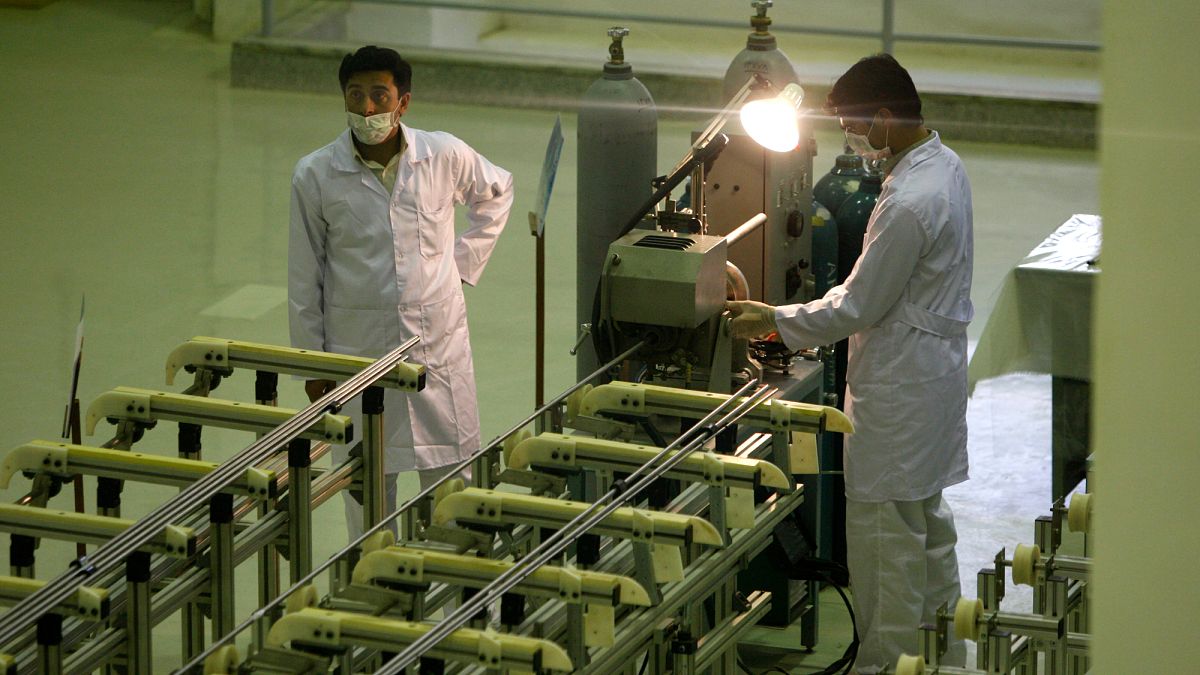

The Middle East, a region rich in history and culture, finds itself at a crossroads yet again. In a series of recent events, reports have highlighted the complexities and dynamics of military operations and diplomatic maneuvering. This article seeks to provide a serene overview of these developments, emphasizing the key facts with clarity and balance.
In late June 2025, reports emerged from various sources regarding a significant impact on Iran’s nuclear capabilities. According to a statement from the CIA, US-led strikes have severely damaged Iran’s nuclear facilities, primarily focusing on the Fordow enrichment site. These events have been presented as part of a broader strategy, reportedly based on new intelligence insights aiming to curb nuclear proliferation in the region.
The Israeli Atomic Agency further supports this narrative, asserting that the strikes have rendered the Fordow site inoperable. However, it’s important to note that differing perspectives exist. A leaked intelligence document from the US suggests that while the site may have been affected, Iran’s nuclear program might only experience a temporary setback of a few months. These varying assessments remind us of the multifaceted nature of international diplomacy and military intelligence.
Iran’s response has been both firm and vocal. Ayatollah Ali Khamenei, Iran’s supreme leader, addressed his nation for the first time since a ceasefire with Israel was established, describing a recent retaliatory strike on a US base in Qatar as a “slap to America’s face.” While this act resulted in no casualties, it underscores the tension and potential for future conflict. Khamenei’s vow to respond vigorously to any further US aggression highlights the continual need for cautious navigation in international relations.
In the broader context of the region, Israel’s internal discussions add another layer of complexity. National Security Minister Itamar Ben-Gvir has called for a complete halt of humanitarian aid to Gaza, pointing to concerns that aid is being exploited by Hamas. This call for action reflects ongoing debates about the best approach to achieving peace and security in the region, and underscores the interconnectedness of military and humanitarian considerations.
As the situation unfolds, what remains crucial is a balanced and calm approach to handling these developments. The dynamic interplay of military actions and diplomatic negotiations illustrates the critical importance of mindful engagement in international affairs. Ensuring open channels of communication and fostering an environment conducive to constructive dialogue may well pave the way for a more stable and peaceful future in the Middle East.
In conclusion, while the headlines may be filled with narratives of conflict and retaliation, it is essential to step back and consider the broader picture. The situation in the Middle East, while tense, also presents opportunities for growth, understanding, and reconciliation. As these events continue to develop, let us remain hopeful for a future graced by peace and cooperation among nations.
Source: {link}
